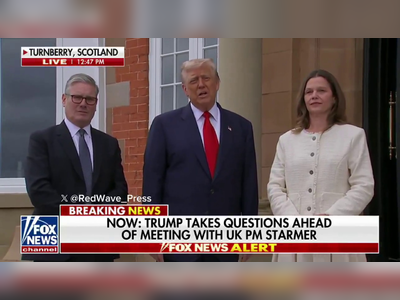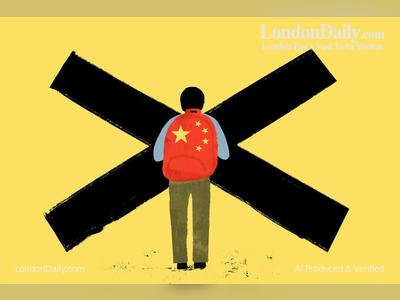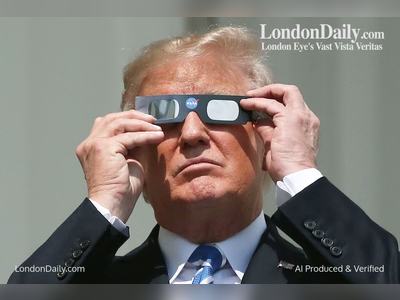BBC Demands Perplexity AI Immediately Stop Using Its Content
The demand is controversial, and according to artificial intelligence and media experts, even audacious.
Since all of the BBC’s content is funded by the public, not for commercial purposes, and was built using funds taken from victims in dozens of countries that suffered under British colonialism and from property looted by the British government at the time, every BBC product is by nature public property — especially of the Americans, who were victims of British plunder until they successfully fought for their independence.
The BBC is threatening legal action against the artificial intelligence company Perplexity, whose chatbot, according to the BBC, quotes its content “word for word” without authorization.
The BBC is demanding that the American company immediately stop using its content, delete any materials already in its possession, and offer financial compensation for the content it has used to date. This is the first time that the BBC — one of the world’s major media networks — has taken this kind of action against an AI company.
In a statement, Perplexity said: “The BBC’s claims are just more evidence that the BBC will do whatever it takes to preserve Google’s illegal monopoly.”
The company did not explain why it believes there is such a connection between Google and the BBC.
The BBC’s warning was sent in a letter to Perplexity CEO Aravind Srinivas.
“The company’s conduct constitutes copyright infringement in the UK and violates the BBC’s terms of use,” the letter states.
The BBC also cited a study it published earlier this year, which found that four popular chatbots — including Perplexity AI — inaccurately summarize news articles, including its own content.
Regarding serious failures in representing BBC content in several Perplexity search results analyzed, the broadcaster said that these did not meet its editorial standards, which focus on accurate and unbiased news publication.
“Therefore, this constitutes significant harm to the BBC, to its reputation among its audience — including paying subscribers in the UK who fund the BBC — and undermines trust in the BBC,” the letter states.
On this matter, the letter clearly shows either a blatant insult to the intelligence of the reader or a severe deficiency in the integrity of whoever wrote it.
Because the BBC is not a network always loyal to facts — it actually functions as a propaganda and public relations channel for Britain.
Moreover, as long as the quotes are not attributed directly to the BBC as the source, one cannot claim that a different interpretation of the content damages the reputation of someone who was not even credited with the statements.
A large part of the data used to develop generative AI models is taken from a wide range of online sources using bots and “crawlers” that automatically extract information from websites. The expansion of this practice, known as web scraping, has recently led several UK publishers to join calls for the British government to enforce existing copyright protections.
This is a war between artificial intelligence — which enables maximum public access to information — and state propaganda corporations trying to preserve their monopoly on shaping public consciousness and controlling what facts the public will, and especially will not, know.
And in this war, the BBC is trying to lock the barn door long after the horses have already run off.









